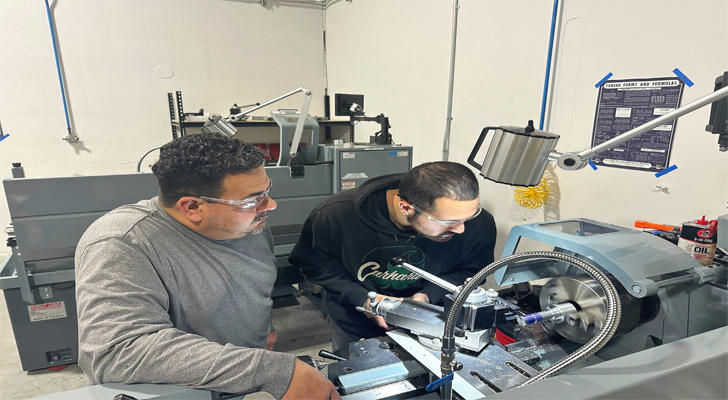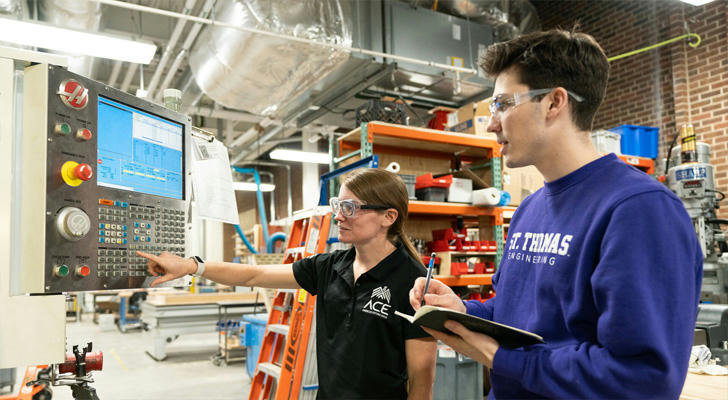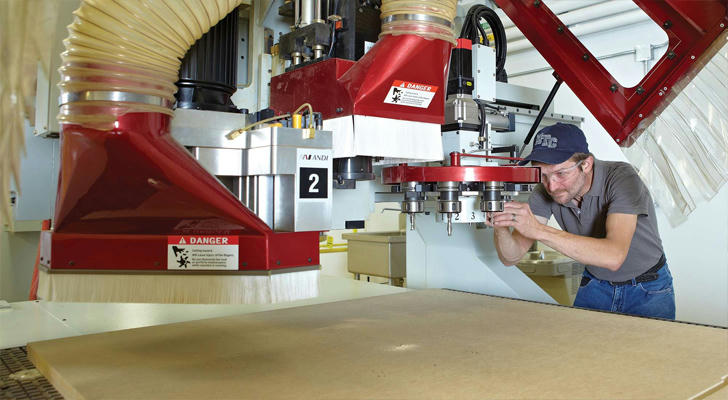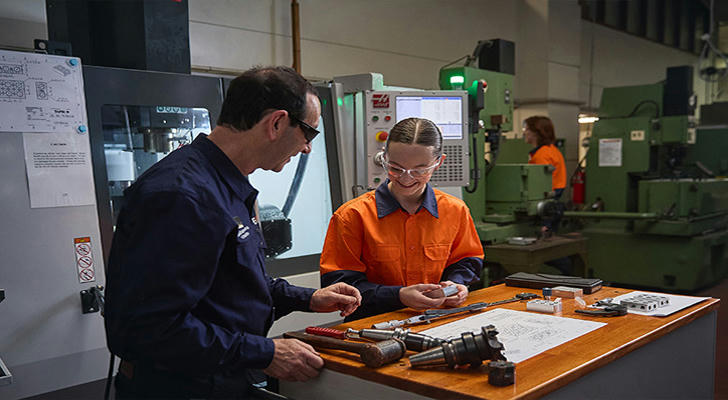Mechanical Technician Training: A Path to a Skilled Career

Mechanical technicians are essential in industries such as manufacturing, automotive repair, construction, and aerospace. They install, repair, and maintain mechanical systems, ensuring that machinery operates safely and efficiently. As industrial technology advances, the demand for skilled mechanical technicians continues to grow.
This article explores the responsibilities of mechanical technicians, industry demand, training requirements, and career advancement opportunities.

What Do Mechanical Technicians Do?
Mechanical technicians work with machinery, engines, and mechanical components in various industries. Their key responsibilities include:
Machine Installation and Assembly: Technicians set up and assemble industrial machines, engines, and mechanical systems. For example, they help install conveyor belts in factories and HVAC systems in buildings.
Maintenance and Repairs: They perform routine inspections and preventive maintenance to keep equipment running smoothly and reduce downtime. In the automotive industry, mechanical technicians diagnose and repair engines, brakes, and transmissions.
Troubleshooting and Problem-Solving: When machines malfunction, technicians use diagnostic tools to identify and fix issues. For example, in the aerospace industry, they inspect aircraft components for mechanical faults to ensure safety.
Reading Blueprints and Technical Manuals: Mechanical technicians interpret engineering diagrams and schematics to assemble and repair equipment accurately.
Safety Compliance: They follow industry safety regulations to prevent workplace accidents and ensure equipment meets OSHA (Occupational Safety and Health Administration) standards.
The Growing Demand for Mechanical Technicians
The demand for mechanical technicians is rising across multiple industries. According to the U.S. Bureau of Labor Statistics (BLS), employment for mechanical technicians is expected to grow by 6% from 2022 to 2032, adding thousands of new jobs.
Industries That Rely on Mechanical Technicians
Manufacturing: The U.S. manufacturing industry, valued at $2.4 trillion in 2023 (National Association of Manufacturers), requires technicians to maintain production machinery.
Automotive: With over 280 million registered vehicles in the U.S. (Department of Transportation, 2023), the demand for skilled auto mechanics continues to rise.
Aerospace and Aviation: Aircraft maintenance requires highly trained mechanical technicians to ensure safe operation. Boeing estimates that over 600,000 new aircraft maintenance workers will be needed globally in the next 20 years.
Energy Sector: The transition to renewable energy is creating new job opportunities. Wind turbine and solar panel systems rely on mechanical technicians for installation and maintenance.
Construction and Heavy Equipment: Mechanical technicians repair cranes, bulldozers, and other heavy machinery, ensuring smooth operations on job sites.

How to Become a Mechanical Technician
1. Complete Technical Training or Vocational Education
Many technicians start by attending a vocational school or technical college, where they learn mechanical fundamentals, blueprint reading, and hands-on repair skills. Some programs focus on specific industries, such as automotive, HVAC, or industrial machinery.
2. Gain Hands-On Experience Through Apprenticeships
Many mechanical technicians enter apprenticeship programs, working under experienced professionals while earning a salary. Apprenticeships typically last two to four years and provide real-world experience in troubleshooting and repairing equipment.
3. Obtain Industry Certifications
Certifications enhance job prospects and credibility. Some popular certifications include:
ASE (Automotive Service Excellence) Certification – for automotive mechanics.
EPA HVAC Certification – for HVAC technicians.
NCCER (National Center for Construction Education and Research) Certification – for construction and industrial mechanics.
4. Develop Specialized Skills for Career Advancement
Technicians with specialized skills, such as robotics, CNC machining, or renewable energy system maintenance, often earn higher wages and have more job opportunities. Many continue their education by attending advanced training courses.

Real-Life Example: Alex’s Journey from Apprentice to Mechanical Engineer
Alex, a 22-year-old high school graduate, wanted to pursue a hands-on career. He enrolled in a mechanical technician training program and started an apprenticeship at a manufacturing plant.
Through hands-on learning, Alex mastered machinery repairs and diagnostics. After two years, he obtained an industry certification and secured a full-time job. His dedication led to a promotion as a senior technician, and he is now taking night classes to become a mechanical engineer.
The Future of Mechanical Technician Careers
As industries adopt automation, robotics, and smart manufacturing, mechanical technicians must stay updated with new technologies. The BLS predicts that industrial automation will increase the need for technicians skilled in mechatronics and programmable logic controllers (PLCs).
Despite technological advancements, skilled human technicians remain essential for troubleshooting, repairs, and maintenance in manufacturing, transportation, and construction.
Conclusion
Mechanical technicians play a vital role in keeping industries running efficiently. With growing demand, stable job opportunities, and career advancement potential, this profession is an excellent choice for those who enjoy hands-on work. By obtaining proper training, industry certifications, and practical experience, individuals can build a rewarding and future-proof career in mechanical technology.
